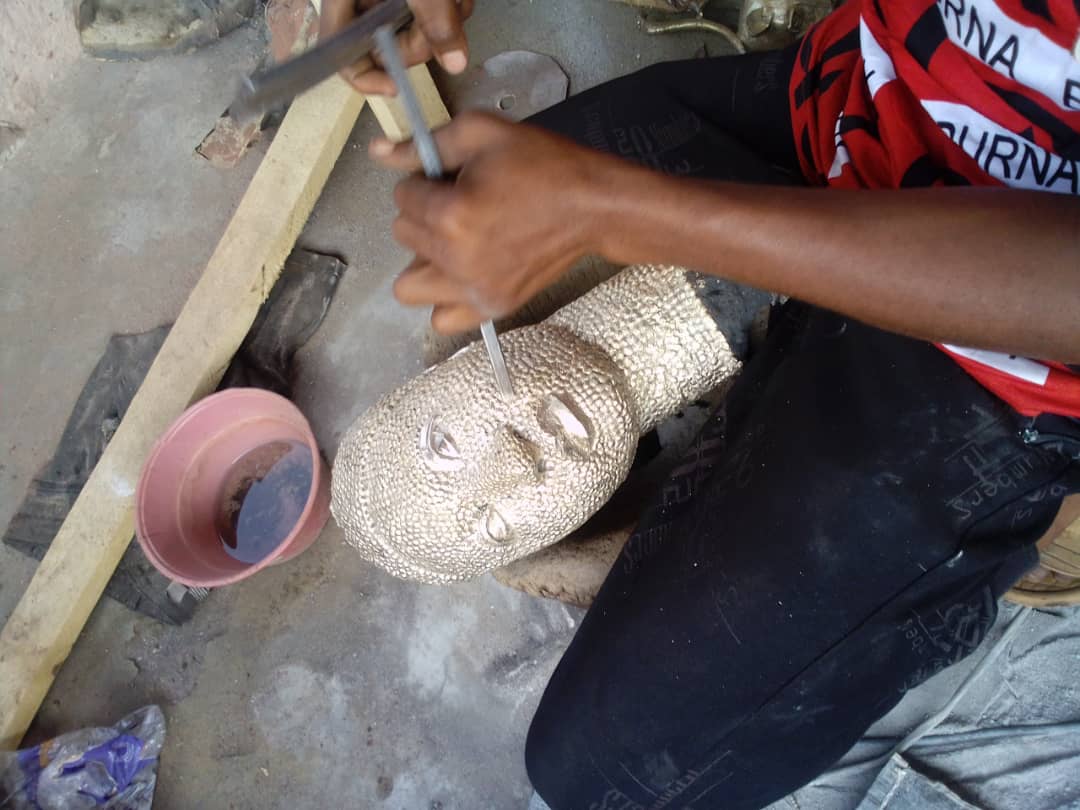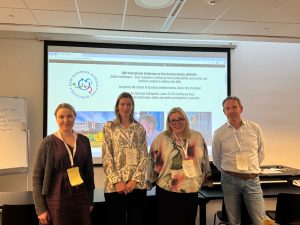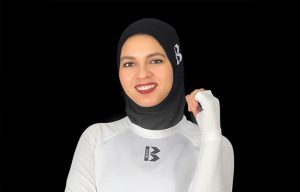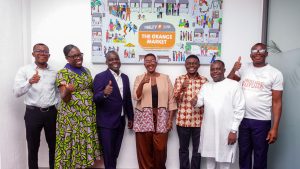Do what comes naturally for you and what you are passionate about.
Meet the visionary Anita Dafeta. With her startup, she aims to disrupt the global luxury lifestyle and blockchain market with African heritage and culture using non-fungible tokens (NFT). Her company, Órìghò, connects the world to Africa through African design, craftsmanship and blockchain technology, fusing both traditional and modern vantage points, by preserving age-old techniques of artisanal production. She aims to empower African artisans and immortalise African heritage in physical spaces and digital assets. Orange Corners HQ interviewed Anita to know more about her fascinating startup that was the 2nd place winner of Orange Corners Innovation Fund of cohort 5 of Orange Corners Nigeria.
The Orange Corners Programme made me realise there was a way for me to make my idea even more innovative by integrating blockchain technology.
Could you tell us a bit more about your company?
“Órìghò originates from the Itsekiri and Urhobos tribes where I am part of. Órìghò means “my head is good” or “the leader is good”. The startup’s aim is to connect the world to Africa through traditional African art and blockchain technology, treating digital art like physical goods and buy, sell, trade, and collect it. In this way, we aim to bridge the gap between the physical and digital art world, by creating non-fungible tokens (NFT) of sculptures – a digital asset that exists completely in the digital universe.
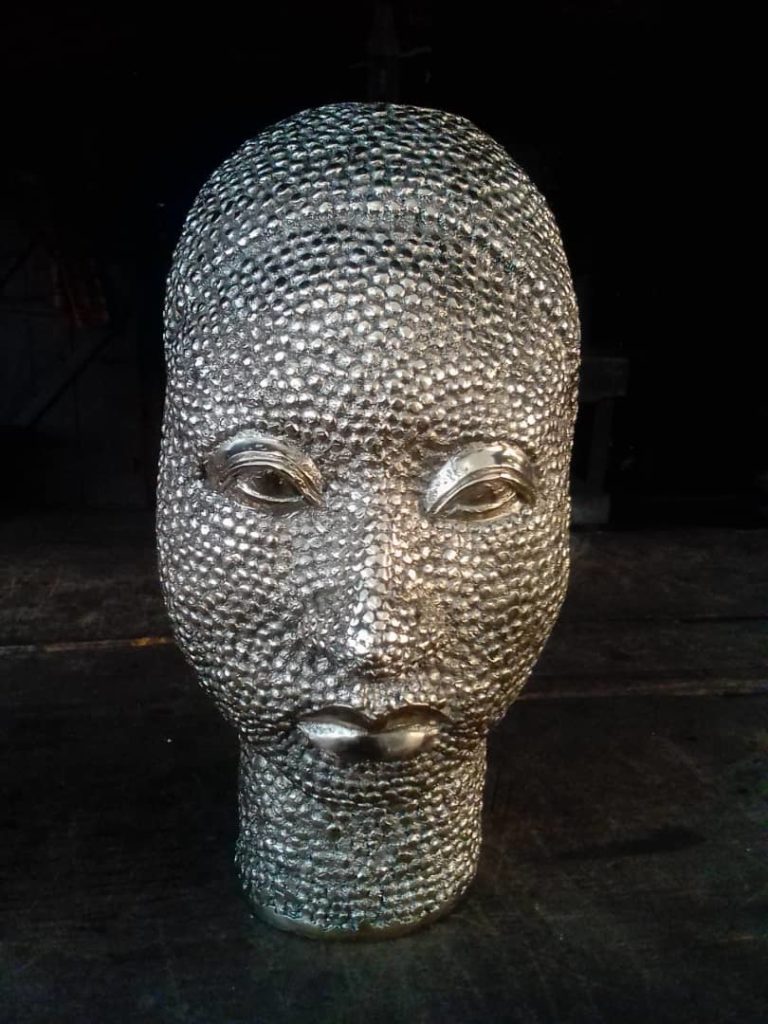
We work together with generational artisans that have been artists and passed their skills from generation to generation. We also work with innovative 3D artists and students in Lagos and other parts of Nigeria, such as the Benin Kingdom and Kano. They make replicas of the physical pieces as digital assets. Our unique vantage point is that our sculptures are focused on African traditional practices in terms of arts. In our first collection that will be launched in April this year, we are highlighting the lost wax bronze casting technique of the Benin kingdom, an ancient kingdom in Nigeria. The area is famous for bronze casted products and bronze custard sculptures. We try to reintroduce this using modern technology, NFTs blockchain and thus immortalise our heritage.
Subsequently, we will work with other mediums, such as forms of metals, wood and beads. Because in Nigeria and the rest of Africa, we use different forms of materials to create artistic pieces, we should not neglect what we have to offer.”
How did you come up with that idea?
“I finished my bachelor’s degree in business management in the United Kingdom, before returning to Lagos, which is now the epicenter of the entrepreneurial ecosystem in Nigeria. As a creative person working in the business sector, I soon realised that there was a gap between our creative and craft sector and that the crafts were dying out. I had good connections with artisans here in Lagos. They complained that what they loved to do wasn’t a source of sustainable income anymore. I saw this as an opportunity to revive the crafts and make crafts more lucrative.
The Orange Corners Programme made me realise there was a way for me to make my idea even more innovative by integrating blockchain technology. The programme was absolutely pivotal in helping me to reach this realisation and make my business model even more innovative than it was previously. Consequently, I hope to use my techniques further for the benefit of other African countries, integrating other artisan brands in our progress.”
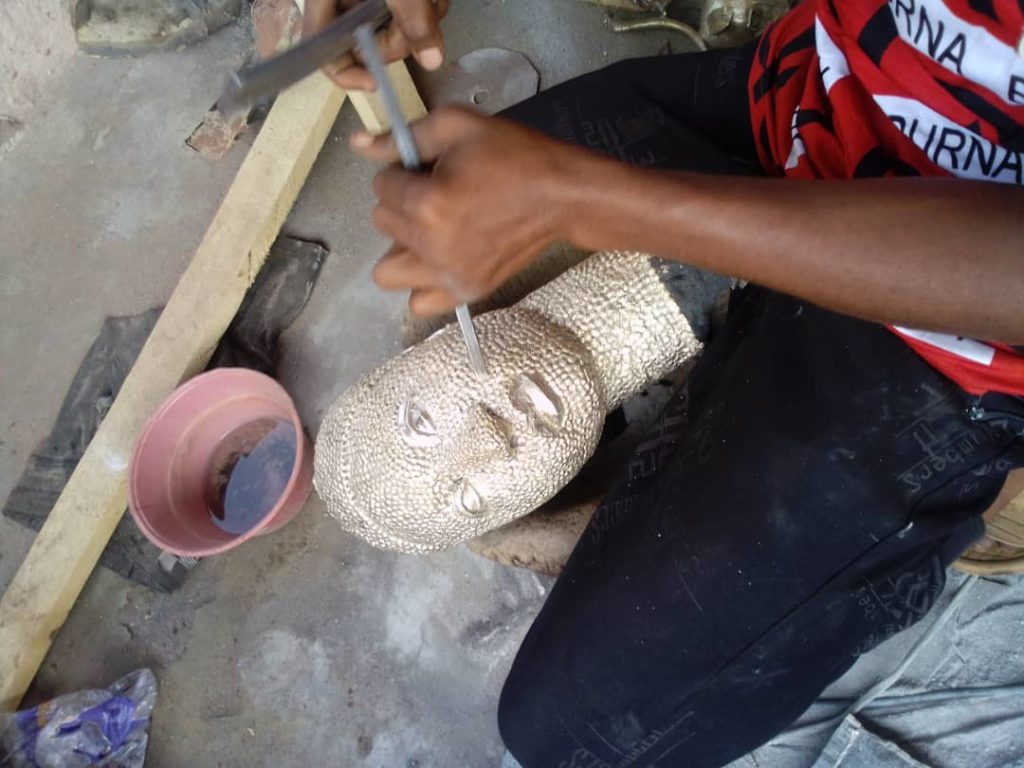
I think it’s very important to get the right support, because that is the moment your business is going to grow.
When did you realise that you needed blockchain technology for art?
“I discovered NFTs before joining the Orange Corners programme. I didn’t actually think about integrating it in my business model. But then, our cohort had a design thinking class. During my one-on-one, one of the instructors suggested I could integrate NFT’s. I think at that time I shrugged it off. But eventually I did listen, as the technique is a major economic innovation and a boost for the art world.”
What else did you think of the Orange Corners programme?
“The Orange Corners programme is unique because there were so many supportive and intelligent mentors at your disposal. that gave me amazing advice and helped my business grow to the next level. I think it’s very important to receive support, because that is the moment your business will start to grow. They gave me amazing ideas and helped my business grow to the next level. I think it’s very important to get the right support, because that is the moment your business will start to grow. I really believe it’s one of the best programmes right now in Nigeria, because it is so individualistic, and caters to the individual and entrepreneurial needs without generalising it. It had so much impact for me, from communication, ideas to mindset. It actually gave me individually what I needed for our specific business. The programme was also so fast-paced that it kept me on my toes, thinking about my businesses in ways that I have never thought of.”
As a creative person working in the business sector, I soon realised that there was a gap between our creative and craft sector and that the crafts were dying out.
What do you think is the impact of your startup?
“I think we’re definitely creating employment opportunities by revitalising the artisan sector, giving artist a viable market strategy that wasn’t there before. We also try to integrate more women and girls in works like raffia weaving. I think another way we make an impact is in terms of longevity and sustaining our traditional stories. What we do, by creating assets, both digital and physical, is going to stand the test of time and will be appreciated almost every day. People who will purchase or invest in our asset will be investing in a business that is going to be around for a very long time.
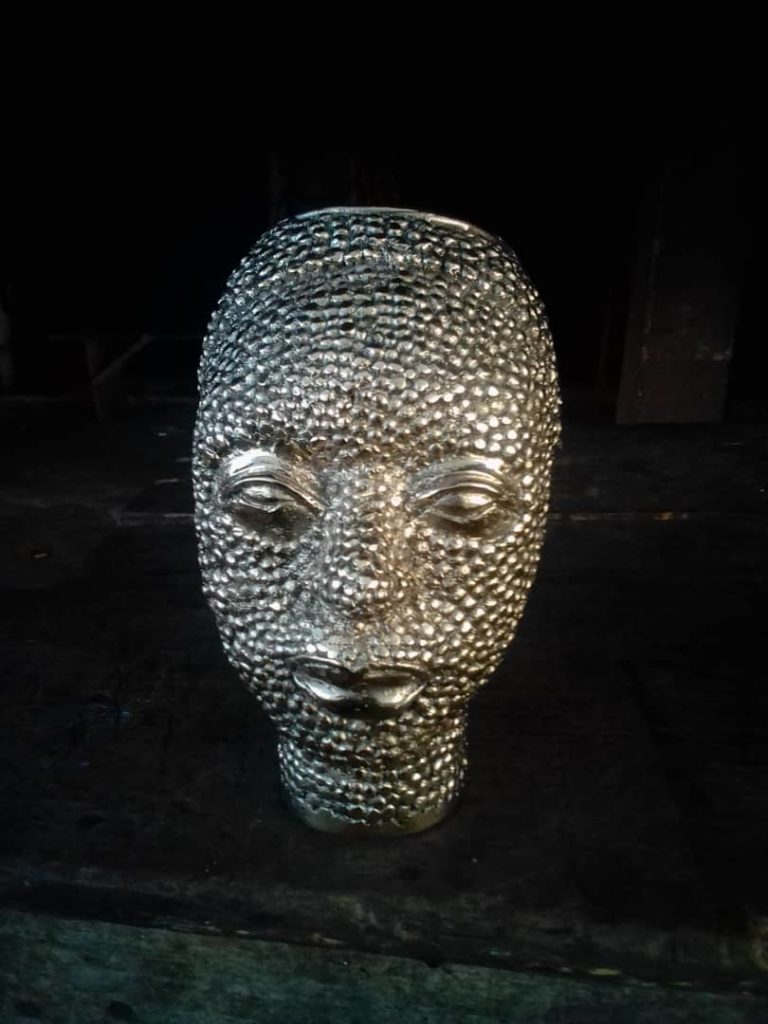
“Besides that, Nigerians think that the artisan sector is not lucrative. As long as I can remember, art been disassociated from technology. By fusing technology and arts, we prove that art can be lucrative and a driving force for economic growth and change.”
What kind of advice would you give other entrepreneurs?
“Do not simply do something because you think that you will only make money out of it. Your visions should not be tied to money. They’re tied to impact. Don’t compromise your values, because you want to generate revenue. In time you’ll see that revalues will generate the revenue naturally for you.
“My last advice: Do what comes naturally for you and what you are passionate about. You don’t want to spend your days waking up, and feeling that you don’t want to do the work. It is passion that drives you and will sustain you for a lifetime. That way, you will find your flow.”
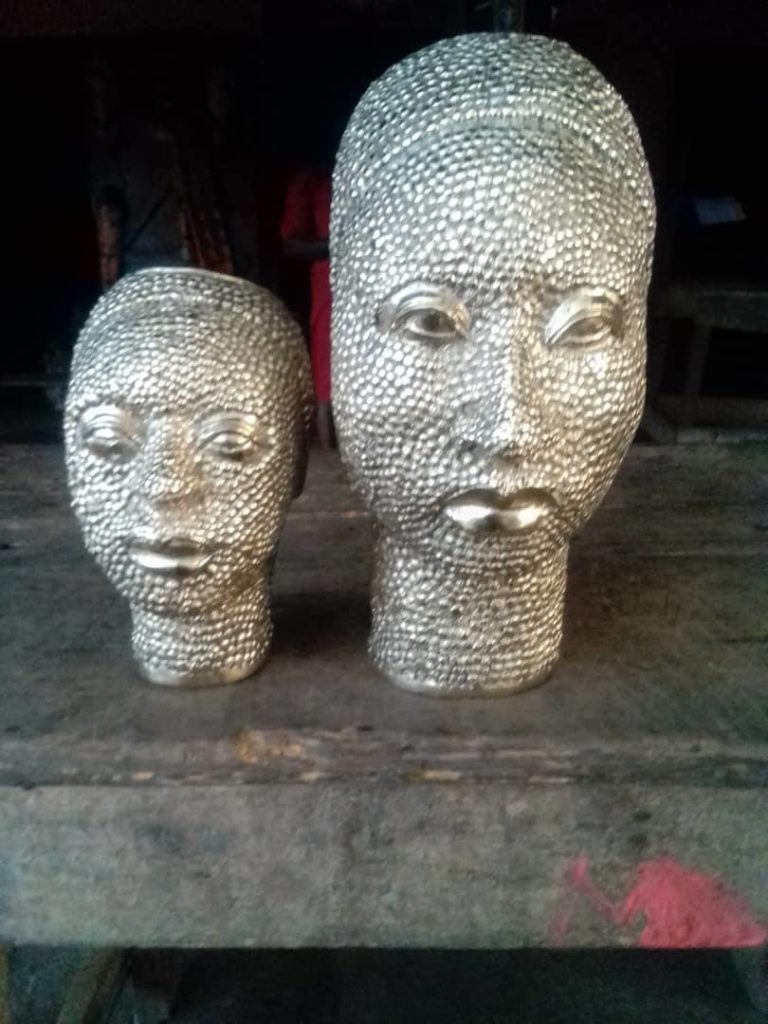
What do you think of entrepreneurship?
“I think it is very rewarding. When you start seeing the impact that you’re making, it makes you want to go even further. That’s why I wake up every single day, because I know I have a vision I think about. That is my driving force. I definitely would not rest until that vision comes to fruition. It’s a very rewarding pathway. But it’s also very hard. Because at the end of the day, you realise that you’re the founder. So you have to make sure that your business, your vision and passion don’t die. At the beginning I had no one that believed in me. Every day I was looking for people that could believe in my idea. And eventually some people did, which gave me a real confidence boost. Now I work with many artists in three different studios! I look forward to seeing what the future holds for us. ”

More information here

